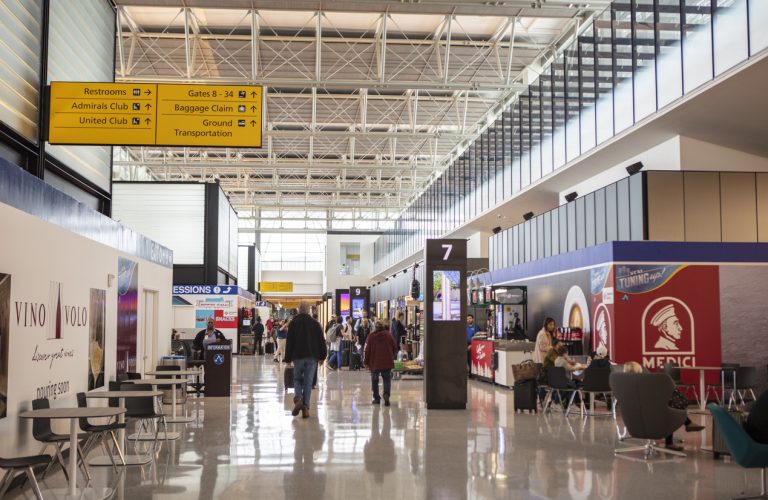Austin-Bergstrom International Airport is in the midst of a long-term expansion project to accommodate the ever-increasing number of travelers passing through its doors. Though the project won’t reach completion until 2040, the plan’s early stages will allow more flights.
Locals will see additional domestic and international routes — starting with 26 new international destinations.
As of 2022, Austin takes third place on Texas’s list of busiest airports. Only Dallas and Houston offer more flights.
At Austin, prospective passengers can currently choose among 70 destinations both in and out of the country.
Many airports have seen drastically reduced traveler numbers because of the coronavirus pandemic. However, during the 2021 Thanksgiving week, Austin saw more passengers than it had during the same week in any earlier year.
The number reached nearly 300,000.
Additionally, during a popular Austin sporting event, the airport saw 35,000 people pass through — more than any other day in the airport’s history.

Several airlines plan to use the airport’s expansion to offer more routes. They include Allegiant Air, American Airlines, KLM Royal Dutch Airlines, and Southwest Airlines.
Allegiant Airlines announces flights from Austin to Louisville, (KT) Amarillo (TY), Orange County (CA), Punta Gorda and Palm Beach (FL), Provo (UT), Sioux Falls (SD), Tulsa (OK), Springfield (MI).
Southwest announces flights from Austin (TX) and Puerto Vallarta, Mexico.
American Airlines launches flights to Albuquerque (NM) and Denver (CO).
KLM flights from Austin to Amsterdam, Netherlands.
Another factor increasing Austin Airport’s popularity is the large migration of California residents to the state.
Once Austin’s expansion is complete, the airport will contain 66 extra gates. Another North Terminal will also be added.
The expansion is currently on pause because of complications related to COVID-19. Nonetheless, the airport is making immediate adjustments to improve efficiency and customer experience.
The clearest example is the addition of a new TSA checkpoint, which will shorten security lines.
Some passengers might be pleased to hear that, despite the airport’s extensive expansion plan, its leaders also prioritize the environment. In 2019, Austin won an award for its efforts to reduce CO2 emissions.

